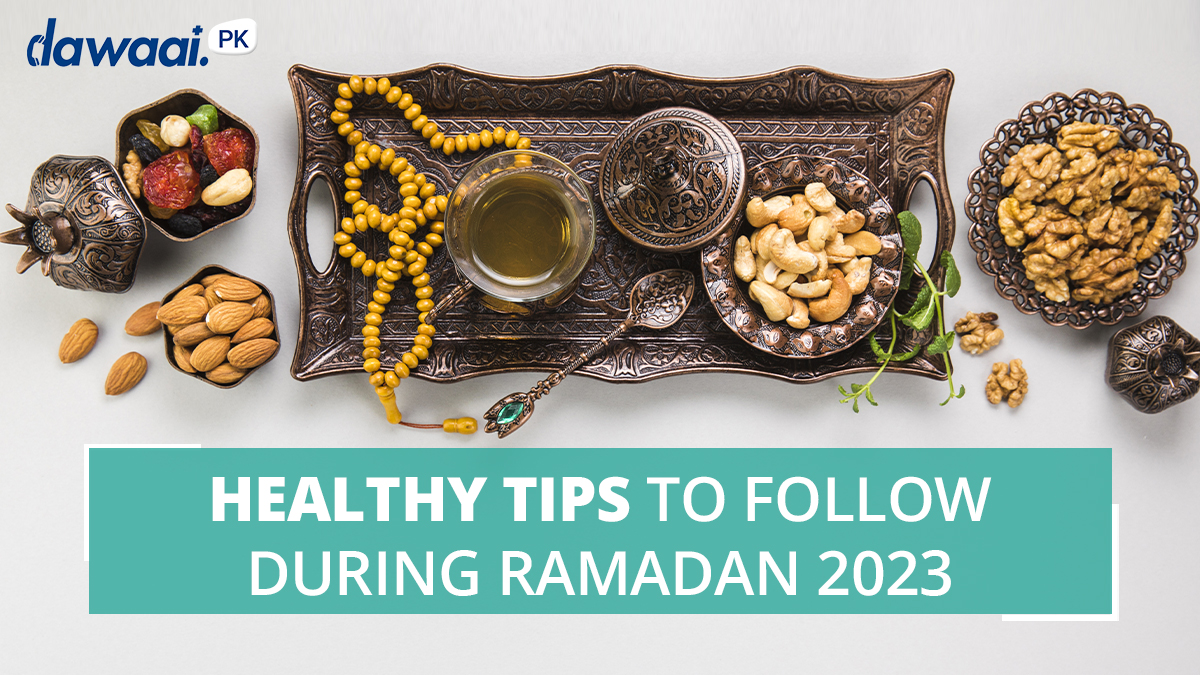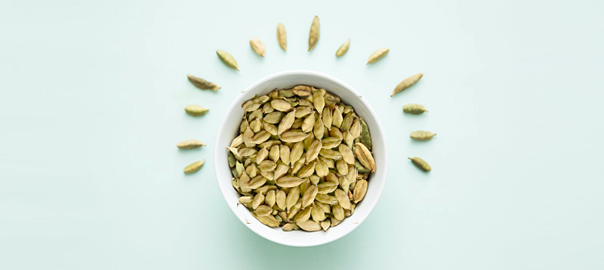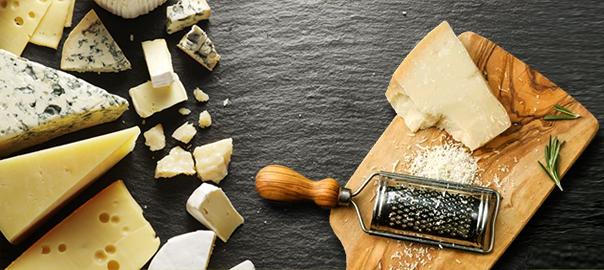Medically Reviewed by Dr. Riaz Ali Shah
Eid-ul-Fitr marks the end of the fasting month of Ramazan. Surely, it is the time to rejoice, celebrate, share and of course, host and attend Eid gatherings. After spending one whole month of fasting and exercising control, it is all too natural to think of feasting on scrumptious dishes and satisfying the long-held cravings of ‘meetha’ (After all it’s the Meethi Eid). However, resisting the temptation and being cautious while eating is equally important.
Kitchens get busy from a night before, and yummy treats are prepared for the Eid day. The wide-range of delectable delicacies and sweets (siwayyian, kheer, sheer khurma, rasmalai etc.) are sure going to lure you into overconsumption, but there is a fine line between tasting something and devouring it. It is somewhat okay to not suppress your cravings to an extreme but try not to overdose on fat and sugar. Enjoy eid and taste the good food with your family and friends, but eating in limited portions and avoiding over-indulgence is the key to a Healthy eid.
Subjecting our body to an excess of sugar, oil, and spice is going to have some deleterious effects on our health. Our body has adapted itself to getting smaller portions and light meals at specific times all month long. Now, switching to Pre-Ramazan routine and cramming yourself with food is not only going to disturb the body’s system but will also produce undesirable effects like bloating, nausea, heartburn, and maybe even stomach upset with getting too much food all of a sudden. We surely don’t want to spend the eid days sitting home and visiting the loo now and then, do we? Moreover, this binge eating will affect the blood pressure and sugar levels of those who are diabetic and hypertensive.
Here are a few tips to help you have a healthy eid.
- The days are still quite hot and humidl, and cooling it off with soft drinks is not at all wise. Prepare fresh milkshakes, juices or mint lemonade and have it to keep cool and to stay hydrated.
- Don’t start your day on the wrong foot! Take a healthy breakfast with a cereal and milk, light toast and an egg to start your day on a lighter note. Having breakfast will keep the snacking at bay, and won’t let you indulge into unhealthy food choices.
- Eid dinners are not just about Qorma and Nihari. For this eid menu, try out some Chinese dishes or vegetable rice with tangy and saucy gravies, kebabs, fiber-rich salads and less oily recipes to keep it light.
- Sweets are an essential part of Eid’s menu but gorging on them will only make you gain back those few pounds that you shed in the last month. Before you help yourself to a bowl of sweet, eat a few dates to satisfy your sweet tooth and reduce the portion. You can try infusing honey and dates/ fruits to your sweet dishes instead of lots of sugar to give it a different taste and to add some nutritional value.
- Even if you did take a heavy meal, going for a walk will reduce the guilt of having had that large bowl of siwayyan or a loaded plate of biryani.
- Overeating and wastage of food are discouraged in Islam. Sadly, Eid becomes that occasion, where food gets wasted instead of being shared with the needy. Eat in a limited portion, do not over-fill your plates, avoid wastage and remember the needy while you relish on all that good food.
A very healthy Eid Mubarak to all the readers from Dawaai.pk!
Guest Post Credit: Dr. Kanwal Ansari (BDS, RDS)






